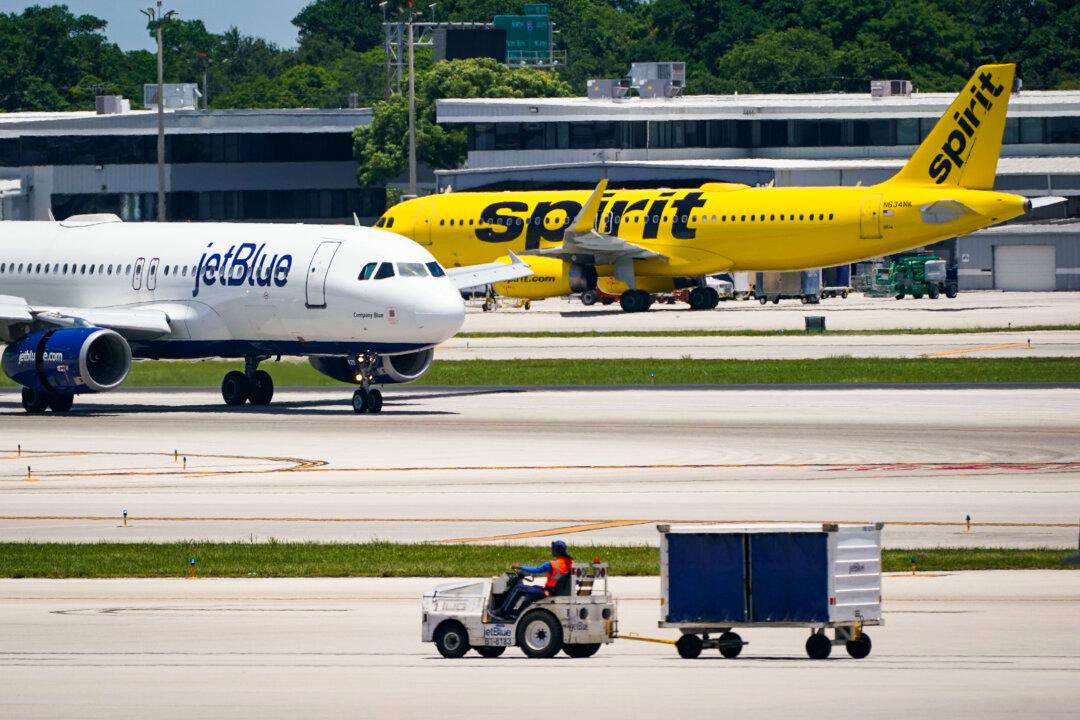JetBlue Airways and Spirit Airlines said on March 4 that they’re terminating their merger agreement, citing an inability to finalize closing conditions by the deadline as well as regulatory obstacles.
The companies “continue to believe in the procompetitive benefits of the combination,” but they mutually agreed to cancel the planned deal, JetBlue said in a statement.





